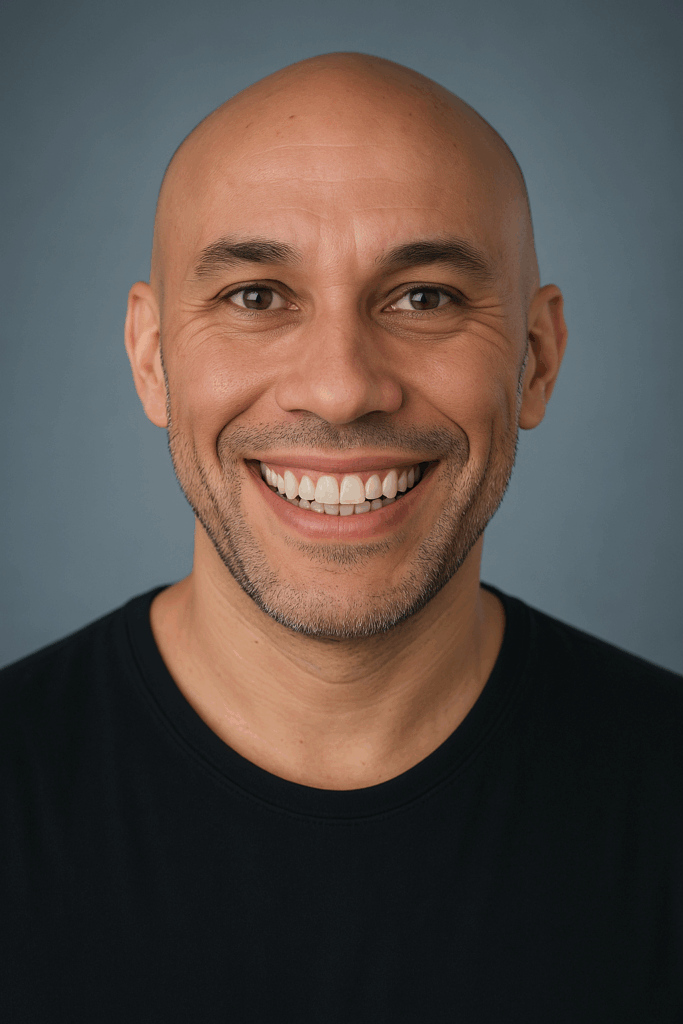Receiving a schizophrenia diagnosis for a loved one can feel overwhelming. You’re suddenly faced with a complex condition and a maze of healthcare systems, all while trying to be the rock your family needs. It’s a journey that can feel isolating, but you are not alone.
For thousands of Australian families, the National Disability Insurance Scheme (NDIS) provides a crucial lifeline. This guide is here to walk you through understanding schizophrenia, navigating the NDIS, and finding a provider like Jango who can help your loved one not just access NDIS schizophrenia support, but thrive in every aspect of their lives.
Understanding Schizophrenia: The First Step
Before you can navigate support systems, it helps to have a clear understanding of the condition itself.
What is Schizophrenia? Schizophrenia is a serious mental health condition that affects how a person thinks, feels, and behaves. It’s characterised by symptoms that can include hallucinations (seeing or hearing things that aren’t there), delusions (strong beliefs that aren’t based in reality), and disorganized thinking.
Common Challenges Your Loved One May Face: Beyond the primary symptoms, life with schizophrenia can present daily hurdles:
Social Isolation: Difficulty forming and maintaining relationships.
Daily Activities: Challenges with personal care, household tasks, and managing finances.
Employment & Education: Trouble holding a job or completing studies.
Navigating Healthcare: Keeping track of appointments, medication, and different therapies can be exhausting.
Recognising these challenges is the first and most vital step toward finding the right support.
How the NDIS Can Make a Difference
The NDIS is designed to support Australians with permanent and significant disabilities. This includes “psychosocial disabilities,” which are disabilities that can arise from mental health conditions. This is the budget used for NDIS schizophrenia support.
How Schizophrenia Qualifies as a Psychosocial Disability When schizophrenia has a significant, long-term impact on a person’s ability to manage their daily life, it is recognised by the NDIS as a psychosocial disability. This recognition is the key that unlocks a world of tailored, funded support focused on recovery.
What Support Can the NDIS Fund? An NDIS plan for someone with schizophrenia is personalised to their specific needs and goals. It can include funding for:
-
Psychosocial Recovery Coaching: A dedicated coach helps your loved one build routines, manage daily tasks, and work towards their personal goals.
-
Therapeutic Supports: Access to professionals like psychologists, occupational therapists (OTs), and exercise physiologists to develop coping strategies and build skills.
-
Support Coordination: A specialist who helps you understand your NDIS plan, connect with the right services, and resolve any issues.
-
Community Participation: Support to engage in hobbies, join social groups, volunteer, or attend community events to combat isolation and build confidence.
-
Help at Home: Assistance with daily living tasks like cooking, cleaning, and personal care to increase independence.

Navigating the NDIS Application Process: A Step-by-Step Guide
Applying for the NDIS can seem daunting, but breaking it down makes it manageable.
Check Eligibility: The first step is to confirm the person meets the age, residency, and disability requirements. The NDIS website has a simple eligibility checklist.
Gather Your Evidence: This is the most crucial step. You will need strong medical evidence that details how schizophrenia impacts your loved one’s daily life.
Pro-Tip Checklist:
A formal diagnosis from a psychiatrist.
A report from a GP, psychologist, or OT outlining the functional impact of the condition (i.e., how it affects social skills, learning, mobility, and self-management).
Use the NDIS’s official Evidence of Psychosocial Disability Form for your healthcare professionals to complete.
Submit an Access Request: Complete the NDIS Access Request Form, attaching all your supporting documents.
Prepare for the Planning Meeting: Once access is approved, you’ll have a planning meeting. This is where you discuss goals and decide what supports will be funded. Be prepared to clearly explain the specific challenges faced and advocate for supports that will lead to a better quality of life.
Choosing the Right NDIS Provider: Why It Matters
Your NDIS plan is only as good as the provider who helps you implement it. For schizophrenia support, it’s vital to choose a provider who is more than just a service. Look for a partner in recovery.
Key Qualities in a Provider:
Person-Centred Approach: They should see your loved one as an individual, not a diagnosis. Support should be tailored to their unique strengths, goals, and preferences.
Trauma-Informed Care: This means the provider understands that past experiences can affect present wellbeing and creates a safe, respectful environment free of judgment.
Recovery-Oriented Focus: They believe recovery is a unique and possible journey. The focus is on hope, empowerment, and self-determination, not just managing symptoms.
Peer Support: The opportunity to connect with others who have lived experience with mental health challenges can be incredibly powerful and validating.

The Jango Difference: Your Partner in Recovery
At Jango, we don’t just see an NDIS plan; we see a person with hopes and dreams. Our approach is built on respect, access, and results.
Success Story: Alex’s Journey to Independence When Alex first came to Jango, he was struggling with profound social anxiety and found it difficult to leave his home. His NDIS plan included funding for a psychosocial recovery coach. Our coach worked with Alex to set small, achievable goals—first, a walk to the local shops, then joining a local chess club. With consistent, compassionate support, Alex is now studying part-time at TAFE and has reconnected with old friends. His journey is a testament to what’s possible with the right support.
Our Services for Schizophrenia Support:
Personalised Recovery Coaching: We match your loved one with a coach who gets them.
Expert Support Coordination: We take the stress out of managing your NDIS plan.
Therapeutic Support Network: We connect you with trusted psychologists and therapists.
Community Connection: We find creative ways to support social and community engagement.
Family & Caregiver Support: We understand that you need support too, and we’re here to help guide you.
Ready to take the next step? Navigating the NDIS can be complex, but you don’t have to do it alone. Contact Jango’s friendly team today for a free, no-obligation chat about how we can support your family.
Frequently Asked Questions
Q1: Can someone with schizophrenia definitely get on the NDIS? A: Yes, if the condition is considered a permanent and significant disability that severely impacts their daily life, they are likely to be eligible. Strong medical evidence is key.
Q2: What is the main difference between a Support Coordinator and a Recovery Coach? A: A Support Coordinator helps you manage your NDIS plan and connect with services. A Psychosocial Recovery Coach has specialised knowledge in mental health and works hands-on with your loved one to build skills, resilience, and independence.
Q3: How can our family help during the planning meeting? A: Be an advocate. Help your loved one articulate their goals. Provide real-life examples of how schizophrenia impacts them. Don’t be afraid to ask for the supports you believe are necessary.
Q4: What makes Jango’s approach different for schizophrenia support? A: Our deep commitment to person-centred, trauma-informed, and recovery-focused practices ensures we build trust and tailor support to what truly matters for your loved one’s long-term wellbeing.
Q5: Are there resources available for us as caregivers? A: Yes. The NDIS can sometimes fund training and counselling for caregivers. Organisations like Carers Australia also provide fantastic resources and support.
Conclusion: A Future of Hope and Empowerment
Understanding schizophrenia and navigating the NDIS is a marathon, not a sprint. But with knowledge, patience, and the right partners, you can build a support network that empowers your loved one to lead a fulfilling and meaningful life.
Jango is ready to be that partner. We stand with you and your family every step of the way, turning the promise of the NDIS into real, positive results.





